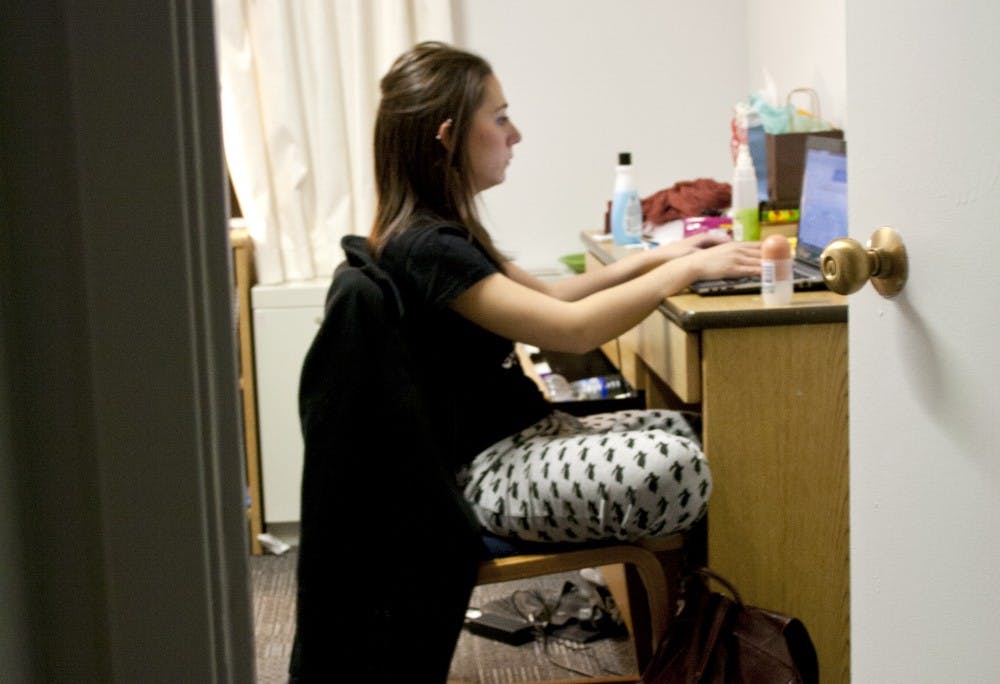news@dailylobo.com
Those using UNM Wi-Fi for illegal downloading may face legal action.
In an email dated Dec. 7, 2012, UNM Student Affairs stated there has been a recent increase in illegal downloading cases on campus. According to the letter, UNM has received complaints from companies such as the Recording Industry Association of America and the Motion Picture Association of America that “individual users of the University’s Internet system are engaged in illegal file sharing.”
Student Affairs Vice President Eliseo “Cheo” Torres said that this is the second consecutive year they have had to send the letter to the University community. This time, companies are threatening to sue particular individuals who partake in illegal file sharing through UNM’s computing services, he said.
“A lot of companies are now very sensitive, especially when they download music that hasn’t been paid for,” he said. “They want to pursue legal action against people who download these, so we’re warning students to be careful.”
According to UNM’s Acceptable Computer Use Policy, users can only download files online if they have the appropriate permissions from the copyright owner or if the file is in public domain. The policy states that users are responsible for obtaining permissions themselves, and that if they fail to do so, they may be barred from using computer services on campus.
In addition, students who are caught downloading files illegally are subject to disciplinary actions, such as probation, suspension or expulsion.
Torres said that because there are many students who use computers at the University on a daily basis, it is difficult for the University to identify specific students who download files illegally.
“It’s hard to monitor that,” he said. “We just have to remind them to be cautious and to be careful.”
But Robert Burford, student conduct officer for the dean of students, said companies have their own agents who monitor illegal downloading activity on campus. Burford said that when agents spot illegal activity, they file a complaint with UNM’s information technology department, which in turn refers the case to the dean of students. He said that through this process, it becomes easier to prevent illegal file sharing on campus.
“It’s very easy for students to get caught, especially when they’re using University computing services,” he said. “It’s very easy to trace down the IP address and know exactly which computer ports have been used.”
Burford said that when students are caught for the first time, they are banned from using the University’s Internet connection until they attend a “reconnect meeting.” There, the dean of students informs them of the file-sharing policies on campus.
Get content from The Daily Lobo delivered to your inbox
“Part of what we need to do is to communicate that message to students,” he said. “Some people are still unclear on what’s allowed and what isn’t in terms of downloading.”
Burford said that after any subsequent infraction, the student may receive a verbal warning or may be placed on probation. He said no student has ever been suspended or expelled for an infraction.
Burford said these penalties do not exempt students from facing legal action filed against them by companies.
“Sometimes, students get in the habit of downloading music or movies or things like that,” he said. “And some of the companies will usually seek financial restitution, which can be hundreds of dollars or up to thousands of dollars.”
To prevent the problem, Torres said student affairs is now educating students about University policies during new student orientations. He said they are also encouraging faculty members to remind students about copyright laws.
“All we want is to protect students from any legal action,” he said. “Sometimes, you don’t have to pay that much to make (your downloads) legal.”






